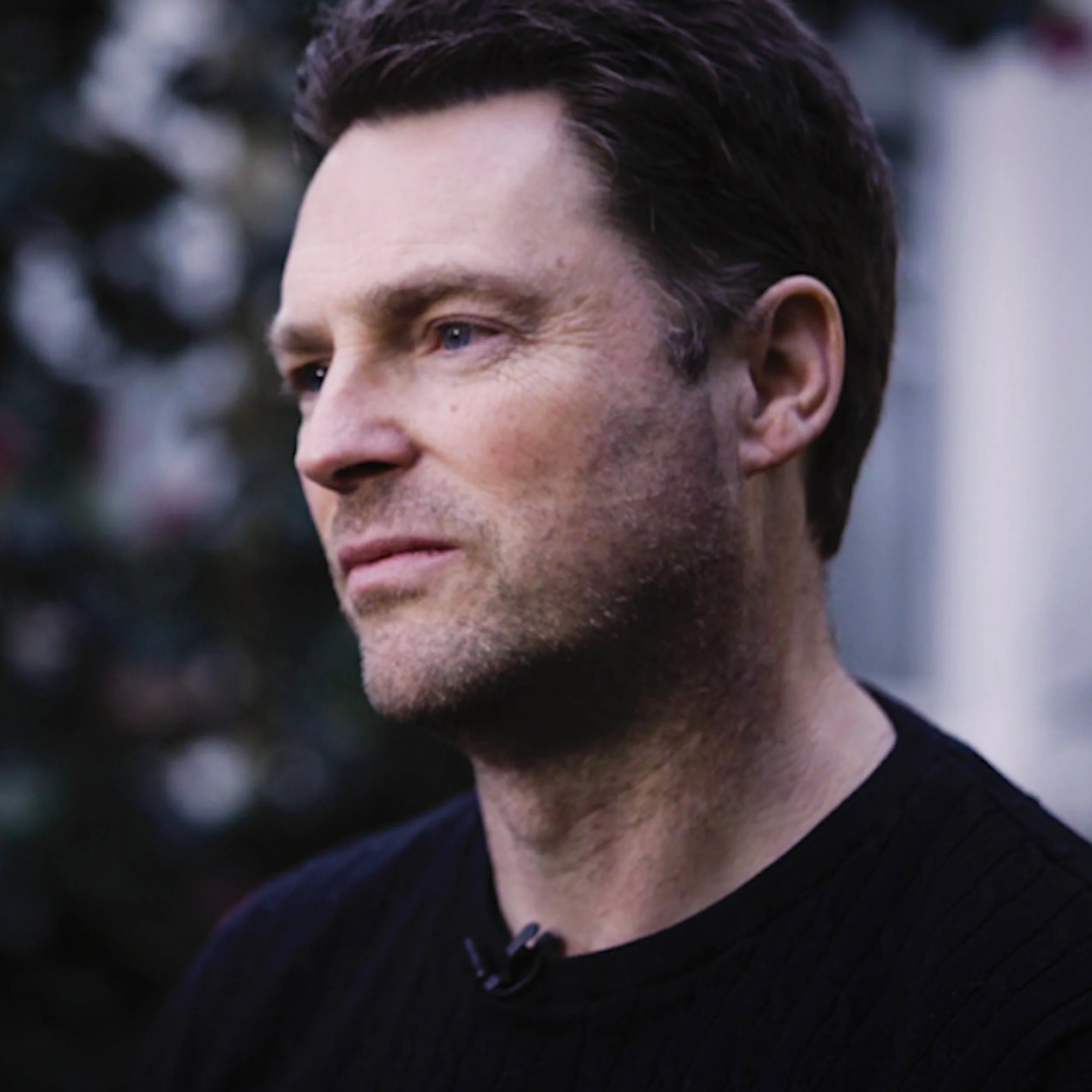PETER DITLEVSEN - Professor of Physics, Ice, Climate & Earth at the Niels Bohr Institute
/Professor of Physics, Ice, Climate & Earth at the Niels Bohr Institute
What happens if we lose the Greenland ice sheet and pass the tipping points and Earth systems shut down?
If that shuts down, roughly speaking, the climate of Northern Europe would be like the climate of Alaska. So, climate models that actually simulate what happens when it's shut down, would say that England becomes like Northern Norway, which means that food security and things like that will be threatened because you cannot grow many crops in Northern Norway. And other models say precipitation changes, so places that are wet might become dry, and so on. So, these are of course severe consequences for Europe, but in some sense, this is going in the opposite direction of global warming. We're all talking about we're getting into a warmer world, but I'm talking about a cooling here. But the warm water that does not then flow from the tropics into the North Atlantic will stay in the tropics. And there, you're not contra-balancing global warming. There you will have the heating on top of the global warming. And that I see as maybe the largest problem we have is that the tropics become even warmer. And we have to realize if you live in a place where mean temperatures are maybe late thirties Celsius and or rise to the forties livelihood becomes very difficult.


